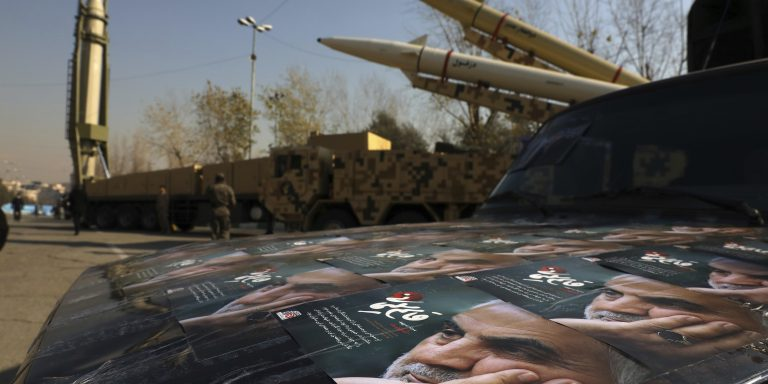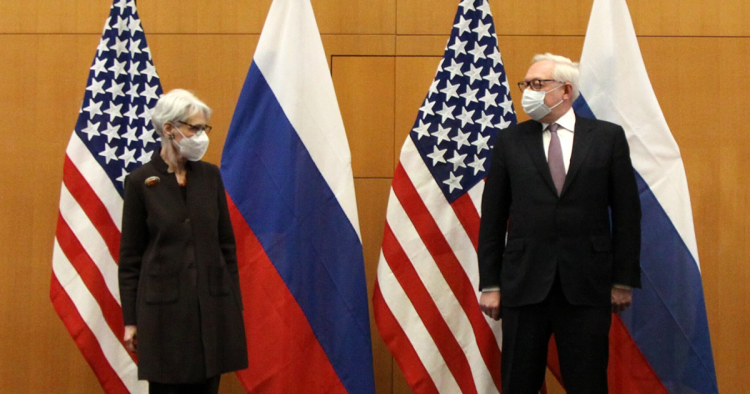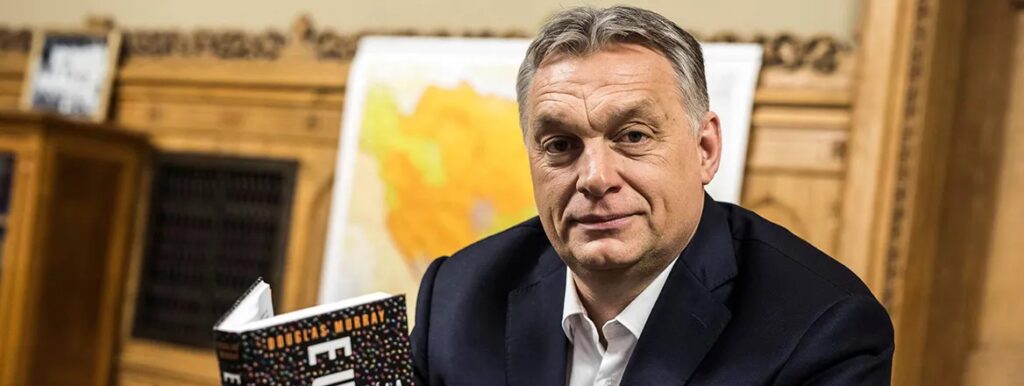Terrorism experts say ‘lone wolf’ attacks more likely than organized event
As tributes pour in to remember what happened during the Jan. 6 riot at the Capitol, as well as the lives lost following it, some experts are shifting their focus forward. An unclassified report from the Office of the Director of National Intelligence (ODNI) indicates Americans should be aware of the possibility of lone wolf terror attacks. The report says that is more likely that an organized event similar to what happened Jan. 6, 2021.









